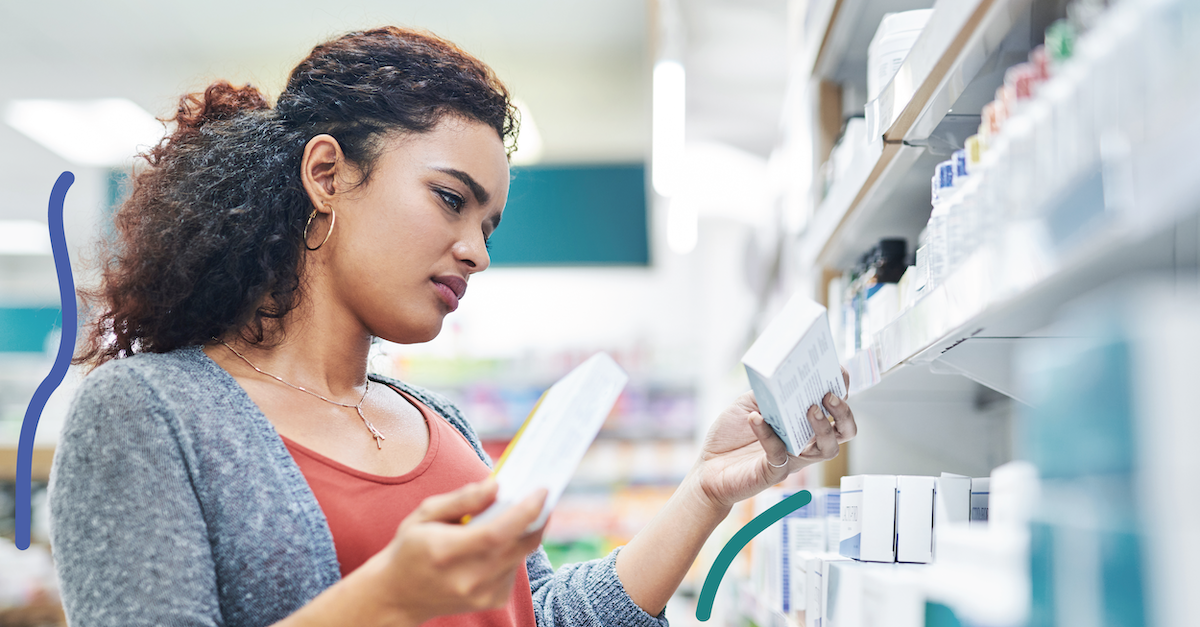Stay up to date.
Stay connected with tips, resources & stories on language access.

For the majority of patients, the next stop after visiting a healthcare provider is the pharmacy to pick up much-needed medicinal treatments to continue care. This makes pharmacies and the professionals who work inside a vital component in the healthcare service industry. However, it also means that pharmacies are just as likely to interact with patients from linguistically and culturally diverse backgrounds as primary care providers.
Close to 25 million people in the U.S. have limited proficiency in the English language. Due to the rising population of individuals who are considered to have limited-English proficiency (LEP), language access is more important than ever in the healthcare industry as a whole. If an LEP patient experiences language barriers when visiting a pharmacy, this puts a patient already at risk of adverse health outcomes in an even more risky situation.
Health literacy is the skill and knowledge patients hold in regard to their health or in health-related situations. Pharmacists commonly support patient health literacy by:
Health literacy is already low for the average English-speaking individual. In one study based in California, more than 13% of surveyed patients felt they had low health literacy. However, of the LEP patients in the group, nearly half had limited health literacy.
Because pharmacists play such a role in patient understanding and health knowledge, language barriers can be especially damaging to LEP patients when visiting a pharmacist for help. Unfortunately, these patients already face greater risks of adverse health outcomes, such as heightened risks of medical errors during treatment, greater risks of dying from infection, and an even greater likelihood of hospital readmissions.
By contrast, when an LEP patient visits a pharmacy that utilizes language services, the pharmacy becomes just as supportive of that patient in terms of health literacy as English-speaking patients. For example, a study published in the Journal of Urban Health found that pharmacies in New York City that printed translated labels, used telephone interpreters, and documented specific language needs in patient files were significantly more capable of assisting LEP patients.
While there has been a significant improvement in language access in healthcare, some pharmacies have not fully adopted the full spectrum of services to ensure LEP patients get the care they need. Language support comes in many different forms, and each type of support can benefit the pharmacy patient in unique ways.
Telephone interpreting allows a pharmacy associate to pick up the phone and get an almost immediate connection to an interpreter that speaks the patient's native language and can interpret the discussion. In the event a patient needs explicit directions about how to use a medication, this kind of communication ensures the patient leaves the pharmacy with a full understanding.
Video Remote Interpreting (VRI) is a suitable form of interpretation when a pharmacist or patient would benefit from face-to-face interactions. For example, a patient that is Deaf or hard of hearing may need VRI when they have questions about alternatives to the medication they are currently taking or something similar.
Translation can be used to ensure all patients have access to patient education materials provided by the pharmacy in a language they fully understand. Pamphlets, signage, and medical information materials should all be translated. Further, prescription translation services can be used to ensure prescription medication labels are accurate in terms of dosage guidelines.
From telephone interpreters to pharmacy translation, GLOBO is here to ensure better language access in every area of healthcare. If you would like to know more about GLOBO's language access services for pharmacies, schedule a demo today.